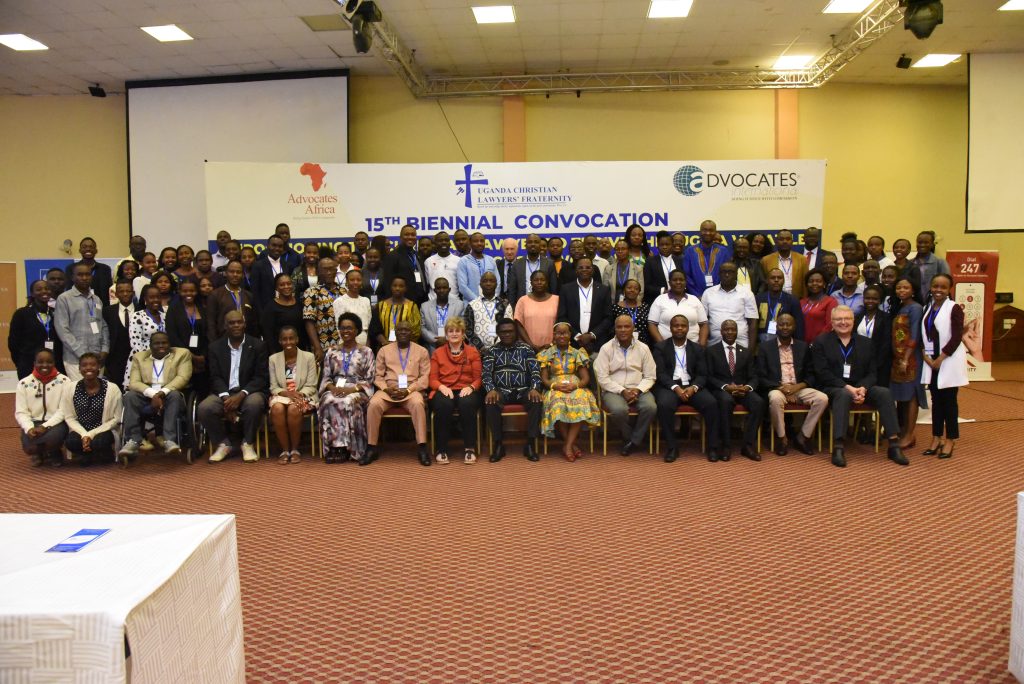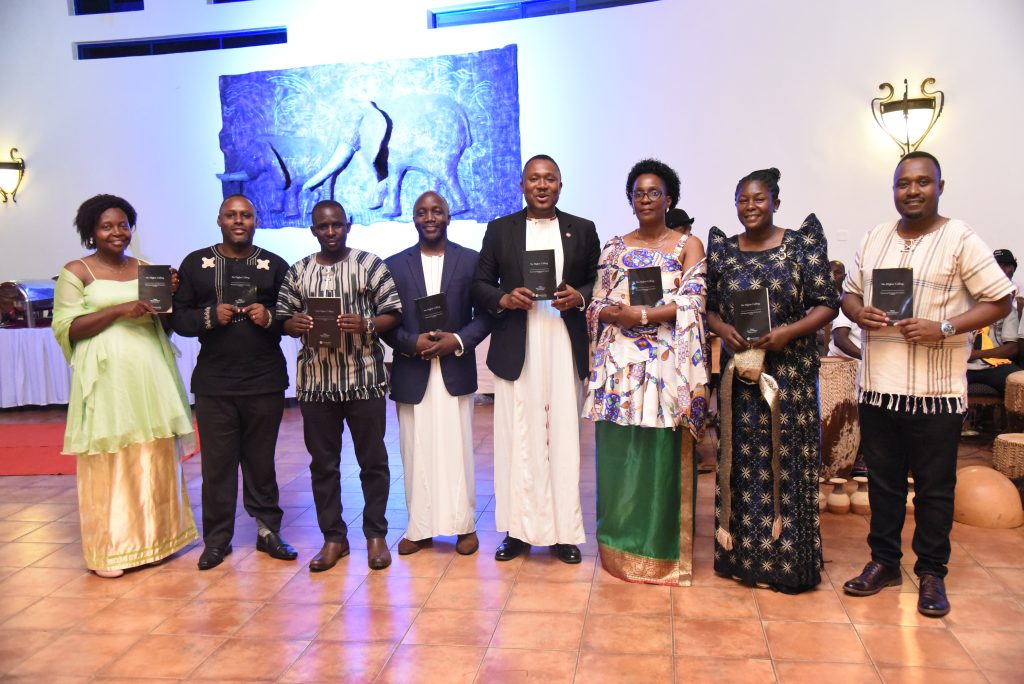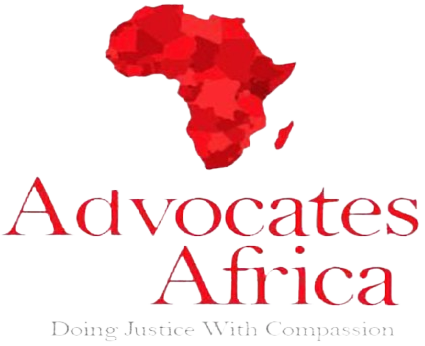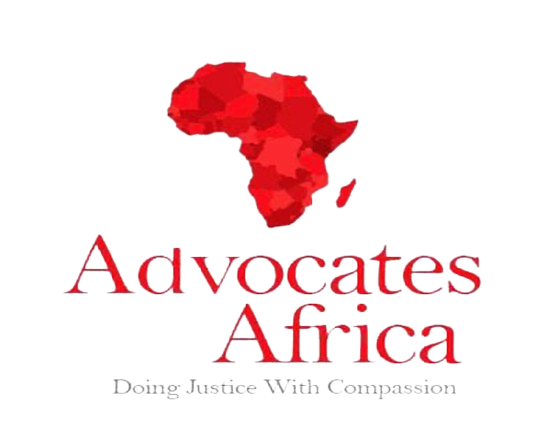L iberia
Liberia was established as an independent state by freed slaves from America in 1847. For more than 130 years from its founding, politics were dominated by the small minority of the population descended from these original settlers, known as the Americo-Liberians while the indigenous groups where left out. This minority rule could be said to be one of the causes of the civil war which tore the country apart for my years.
Since 1999 AI had developed contacts in Liberia. In 2004, Othello Payman and some lawyers got together to start the Liberian Christian lawyers Network (LCLN). The fellowship did not last long due to many reasons including the instability and insecurity caused by the civil war in the country.
AI’s Liaison visited Liberia in early 2007 to encourage the members and to share the AI and AA vision.
Presently, the Christian Lawyers in Liberia is led by Judge James Jones. The fellowship’s members are currently involved in resolving disputes and providing legal aid to the less privileged. The Fellowship is also building a strong student fellowship to further strengthen their presence in the country. AA’s current national leaders are both Othello Payman and Judge James Jones.



Vision & Mission
Mission
Inspiring and Mobilizing Advocates Globally to Do Justice With Compassion.
Vision
All peoples thriving in hope, peace, and justice, within societies committed to freedom of religion or belief and the rule of law with integrity.
Objectives
- Strengthen, support and develop the national associations that are members of the Network
- Witness by word and conduct so that lawyers, Judges, Law students and Paralegals
- Promote the spiritual growth of the members of the National Associations
- Conduct research, reflect and disseminate studies on topics of common interest
- Intercede in prayer for the needs of all nations, as well as for the associations
- Strive for democracy, good governance, the rule of law, accountability, social justice and economic transformation within the African continent.
- Promote Christian reconciliation as a mechanism for conflict resolution and encourage its practice in family, community, church and social circles
- Promote and protect human rights, on the basis of the recognition of the dignity of all human beings, as having been created in the image of God
- Develop and execute projects in various areas consistent with the Network’s objectives



